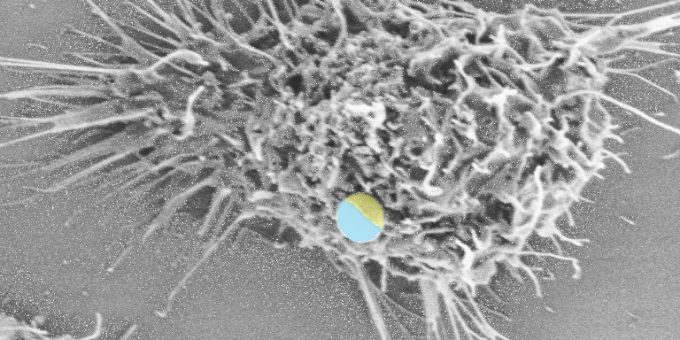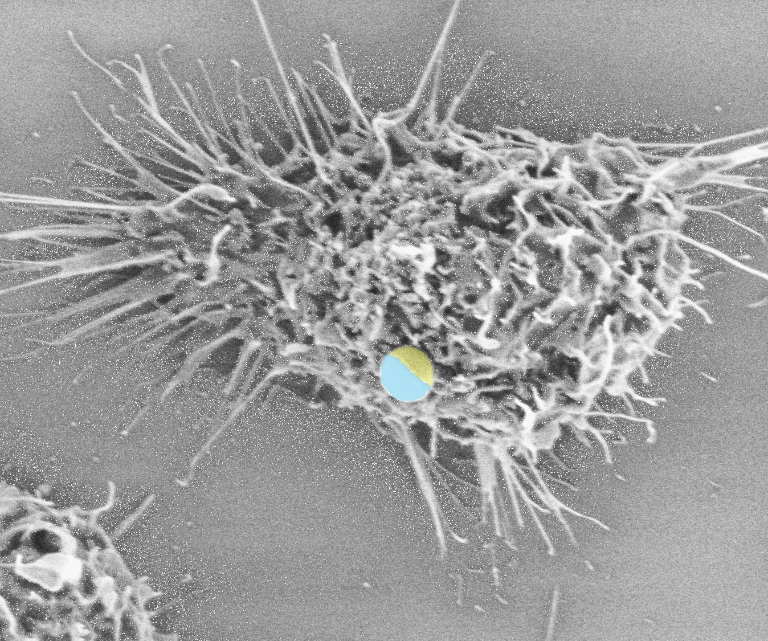
(BLOOMINGTON) – Indiana University researchers have identified a mechanism involving the body’s ability to resist fungal infection. The work could help advance research on cancer therapies that use the body’s own immune system to fight disease.

In a study published Nov. 21 in the journal of the Proceedings of the National Academy of Sciences, IU Bloomington scientist Yan Yu and colleagues found that two immune receptors — Dectin-1 and TLR2 — must work together to trigger an inflammatory response that resists fungal infection. Yu is a professor in the College of Arts and Sciences’ Department of Chemistry.
The PNAS study’s leaders compared the use of two receptors to trigger immune response against fungus to the use of two identification codes, versus a single password, in online security — a form of authentication popularly known as “dual login.”
Identifying the specific receptors whose “passwords” work together to regulate proper immune responses may help lead to new treatments for life-threatening diseases and improve existing cancer immunotherapies, Yu said.
Information, News at IU



